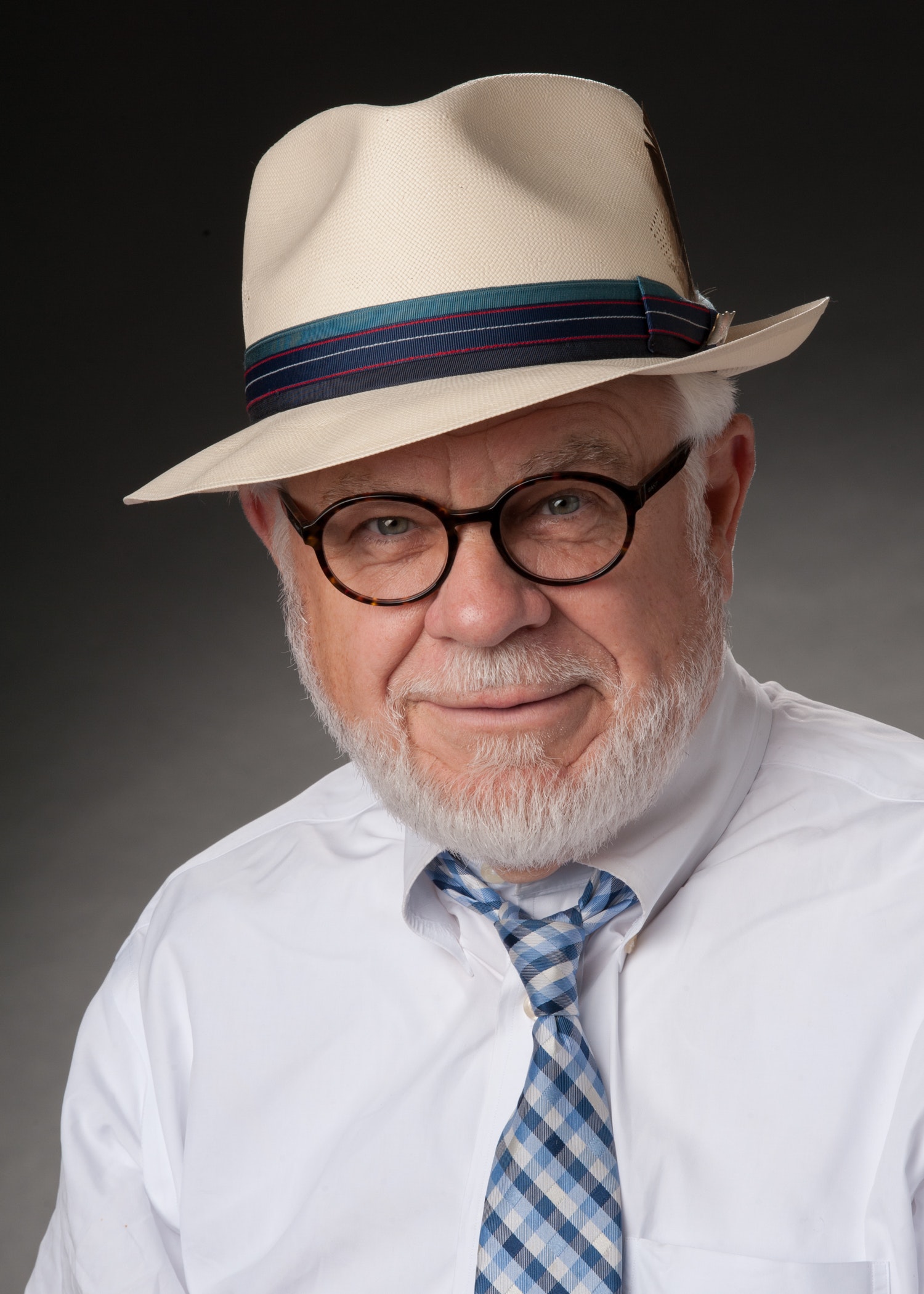Yoga class part of the reintegration process
By: KERRY M. KIRSPEL FOCUS SB
For some veterans, re-entering society is not an easy transition after fighting in combat for the preservation of American freedoms.
Some return with physical disabilities caused by horrific injuries. Others suffer from emotional and psychological issues caused by Post-Traumatic Stress Disorder (PTSD), or as it was colloquially known after World War I, “shell shock.”
To cope with these disorders, some have turned to alcohol, drugs or other addictions. Some have even been arrested because of their actions.
So how can our society help these brave men and women who gave their all for our liberty return to being functioning, law-abiding citizens?
Volunteers of America North Louisiana’s Veterans Court, in partnership with the Caddo district courts and Overton Brooks VA Medical Center, helps nonviolent veteran offenders work through their issues, get sober and earn a clean slate.
The veterans court works closely with the Veterans Administration providing individual treatment, group counseling, PTSD treatment, moral recognition therapy, drug rehab and anger management to help rebuild relationships and independence.
Gernine Mailhes, veterans’ program coordinator, said, “Any veteran who has a misdemeanor or felony conviction can contact the veterans justice officer of the VA. Most of the courts know about it.” The court serves veterans in both Caddo and Bossier parishes.
One unique facet of this treatment is a yoga program. Mailhes said research has shown yoga to help in the treatment of PTSD.
Yoga might sound like a somewhat incongruous means of fitting back into society for men who are often seen as tough-as-nails fighters. How does one overcome the “new age” connotations that yoga seems to bring with it?
Yoga instructor Deborah Waterfallen said, “Most of them enjoy it. They’re laying down, they’re relaxed. So if nothing else, they’re getting some relaxation. And we work on breath relaxation control exercises. And just sort of connecting your mind with your body because a lot of times we get out of sync with the mind and body.
“It’s just a way to check in on yourself because our bodies are moving so fast most of the time that the body really slows down to do that.”
How does yoga differ from “normal” exercise? “It’s mind-body in that you connect any movements that you have with your breath, so we’re intentional on our breath, making the movement move with breath, even if you’re laying down, focusing on your breath so your mind’s not running around,” Waterfallen said.
In charge of the Veterans Court is Judge Craig Marcotte, who said the yoga class is part of the veterans’ treatment process. “A lot of these guys have PTSD — most of them, actually — and it helps them have an outlet to meditate, to practice yoga and just get some of the ‘junk’ out, to be able to relax a little bit,” he said.
“We had one guy in here that had a problem sleeping, and it was funny because we did yoga, and he would go to sleep. It was the only time he could relax was in the class. It was hilarious because we could hear him snoring sometimes.”
Marcotte said he felt he should put his money where his mouth is and participated in the yoga classes as well. “It’s hugely beneficial to them in their treatment process. They relax. They get much more out of the treatment program by coming here, learning how to relax, learning how to focus their breathing techniques, which could help them with their PTSD and other mental health issues they may have because a lot of these guys have a lot of mental health issues.”
What sort of success rate has the veterans court experienced? Marcotte said, “We had one guy, I remember, years ago that lived under the bridge at Dupont’s Fish Market and had been homeless for — gosh! — 10 years. The VOA is instrumental in this. We got this guy an apartment. He’s got a great job working at a landscape company. He now has a roof over his head, and it’s amazing. He’s so much happier. He didn’t know he could be this happy by getting a good job, by getting stable housing, etc.”
Marcotte said, “The yoga has been extremely successful. A lot of these guys, or most of them, have never done yoga before. These guys come in, and this is tough stuff because everybody thinks yoga is a bunch of sissy stuff. You come back and you go, ‘I just had a big workout’ depending on the type of yoga.
“Yoga, I need it. I feel tight, and yoga releases a lot of the anxiety, the pain, the tightness, the stress, and it releases a lot of these tensions for these guys. But yoga is not for the weak! It’s hard, depending on the type of yoga you do. So some of the stuff we do, these guys can’t do it. Some of the stuff we do, I can’t do. But in time, over practice, a lot of these guys can start doing some of the hard yoga poses.”
The veterans court helps make these veterans productive members of society again. “These guys contribute to society,” he said. “It helps them get back on track. We reduce the recidivism rate. We reduce the incarceration rate, thereby reducing costs to the state. It gives these guys a sense of purpose. The whole program that we do is designed to get them back on track and deal with the issues at hand — family issues, financial issues, housing issues, mental health.”
The veterans’ yoga classes meet weekly for one hour at the downtown YMCA. The treatment program can last up to 14 to 18 months, according to Judge Marcotte.
THIS ARTICLE WAS PUBLISHED IN THE July 16 ISSUE OF FOCUS SB - THE INQUISITOR.
